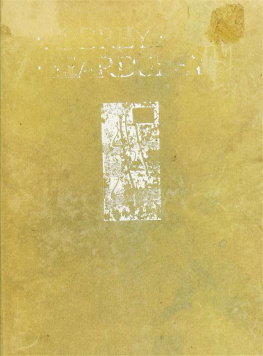The Mediation
Dilemma
Kyle Beardsley
CORNELL UNIVERSITY PRESS ITHACA AND LONDON
To Jessica, my peacemaker
It is as if there had never existed either Voltaire, or Montaigne, or Pascal, or Swift, or Kant, or Spinoza, or hundreds of other writers who have exposed, with great force, the madness and futility of war, and have described its cruelty, immorality and savagery; and, above all, it is as if there had never existed Jesus and his teaching of human brotherhood and love of God and of men. One recalls all this to mind and looks around on what is now taking place, and one experiences horror less at the abominations of war than at that which is the most horrible of all horrors, the consciousness of the impotency of human reason.
Leo Tolstoy, Letter on the Russo-Japanese War , 1904
Contents
Acknowledgments
The Dilemma
Negotiating Mediation
Why Accept Mediation?
Raison dtre: Short-Term Benefits of Mediation
The Struggle for Self-Enforcing Peace
Mediation in Intrastate Conflicts
Implications, Applications, and Conclusions
Appendix
References
Acknowledgments
I am grateful for the instutional support provided by the Department of Political Science, the Emory College of Arts and Sciences, and the Laney Graduate School at Emory University. The availability of graduate research assistance, access to library resources, and offer of adequate research leave were instrumental in the completion of this research. Elizabeth Gallu, in the Author Development Program at Emory University, provided especially important feedback on an earlier draft. Nigel Lo provided extensive assistance with data collection and aggregation. The Emory College of Arts and Sciences and the Laney Graduate School generously provided matching subvention funds to offset the costs of publication.
It would not have been possible to complete this book without the feedback and guidance of so many of my colleagues and friends. I am especially indebted to Dan Reiter, Michael Greig, Paul Hensel, Idean Salehyan, Cullen Hendrix, Tobias Bhmelt, Nathan Danneman, Nigel Lo, and Allan Stam for carefully reading earlier versions and suggesting important insights on how to improve the exposition. Holger Schmidt, Kristian Gleditsch, David Lake, Scott Gartner, Jonathan Wilkenfeld, Victor Asal, Sara Mitchell, Isak Svensson, Robert Rauchhaus, Paul Diehl, Cliff Carrubba, Jeff Staton, Eric Reinhardt, David Davis, Drew Linzer, Justin Esarey, and Jeffrey Gersh all served as invaluable sounding boards and sources of guidance on the project. I am also greatly appreciative of the feedback provided at various conferences, invited talks, and workshop presentations by Duncan Snidal, Charles Lipson, Andrew Enterline, Michael Tierney, David Dessler, Birger Heldt, Michael Lund, Stephen Gent, Megan Shannon, David Cunningham, Michael Gilligan, Molly Melin, David Quinn, Bernd Beber, Ambassador Ahmed Maher, Ambassador Aly Maher El Sayed, and Ambassador Michael Sahlin.
I thank Roger Haydon, Karen Laun, Susan Barnett, Julie Nemer, Mahinder Kingra, and the editors of the Cornell Series in Security Affairs for their poignant comments and for their assistance at each stage in the manuscrupt development process. I am grateful for Judith Kips indexing work.
Finally, I am fortunate to have had boundless support and encouragement from my wife Jessica, parents Robert and Katherine, parents-in-law Conway and Weilie, and siblings-in-law Jonathan, Julie, Jennifer, and Dominic.
I take personal responsibility for any errors or ommissions in the research. Alas, I cannot take responsibility for the state of peace or conflict in our world.
THE DILEMMA
Since one of the most promising approaches to the peaceful settlement of disputes is skilful third-party mediation, we, the United Nations, have a responsibility to we the peoples to professionalize our efforts to resolve conflicts constructively rather than destructively and to save succeeding generations from the scourge of war.
Ban Ki-moon, Report of the Secretary-General on Enhancing Mediation and Its Supporting Activities, April 8, 2009
On August 11, 2006, after a month of fighting between Israel and Hizbullah, the UN Security Council, with the approval of the Israeli and Lebanese leadership, formalized cease-fire arrangements by adopting Resolution 1701. Two days later, the Israeli ground offensive came to a halt. The cease-fire resulted after frantic, and frequently competing, U.S. and French mediation efforts. Not even two weeks earlier, the United States had supported the Israeli use of force and resisted imposing a cease-fire; meanwhile, most of the rest of the world pushed for peace. The civilian toll from the hostilities and the loss of confidence in the ability of Israel to prosecute the war eventually turned the U.S. position and led this Israeli ally to endorse an end to the fighting. Immediately following the cease-fire agreement, the United Nations Interim Force in Lebanon (UNIFIL) and Lebanese troops deployed and maintained a semblance of peace while Israeli forces withdrew. In the more than four years since the war, the cease-fire has held, if only tenuously.
Was the rush by the international community to impose a cease-fire between Israel and Hizbullah in the name of increasing peace in the region worthwhile? The answer is not straightforward, in that we see the potential for significant trade-offs. On the one hand, the international pressure did eventually help compel Israel to agree to the cease-fire, even in the middle of a ground offensive. As a result, the merciless killing and displacement of noncombatants by Hizbullah rocket attacks and errant Israeli air strikes did end sooner than they otherwise would have. On the other hand, the peace that exists is perhaps more fragile than might have been achieved had Israel continued fighting because Hizbullah has rearmedbecoming much stronger than it was before the war and nearly drawing Lebanon into full-scale civil war in 2008and many in Israel expect a second round with Hizbullah to occur sooner rather than later.
We can imagine one possible scenario that might have transpired without the international pressure for a cease-firea clear military stalemate would eventually have emerged after Hizbullah had depleted its rocket caches and its support from the local Lebanese population and after Israel had exhausted its domestic resolve to fight. The immediate negative humanitarian implications of such a course of events are clear. But future peaceful benefits could also have resulted if Israel had lost even more resolve for making further incursions into Lebanon and yet had pushed deep enough into Lebanon to more severely disrupt the ability for Hizbullah to deploy its arsenal of Katyusha rockets within striking distance of northern Israel. Although it is doubtful that such a scenario would have produced a permanent solution, it is likely that it would have significantly lengthened the time until it became feasible to renew the conflict. That the mediated cease-fire produced an outcome potentially more tenuous than this stalemate scenarioas well as other possible outcomes that it also precluded, such as an Israeli victory, a Hizbullah victory, or a bilateral settlementdemonstrates the trade-off between short-term peace and long-term stability that combatants and the international community frequently face when considering external assistance in pressing for peaceful settlement. As in the 2006 Lebanon War, outside involvement often increases the prospects for a short-term agreement and answers the humanitarian imperative that the international community should not stand idle while senseless killing rages unabated. But also, as in the Lebanon War, outside involvement can encourage temporary fixes and make the prospects for long-term peace less certain.

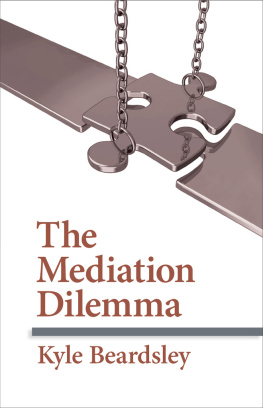

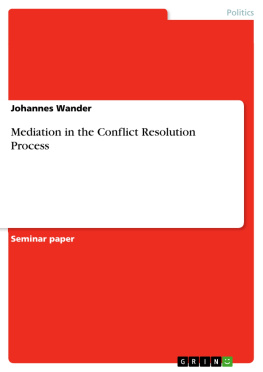
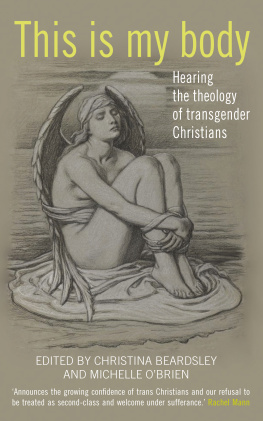

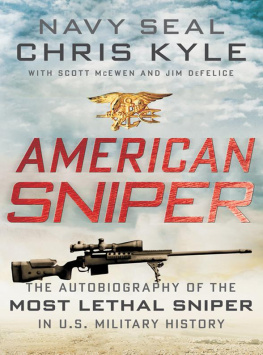
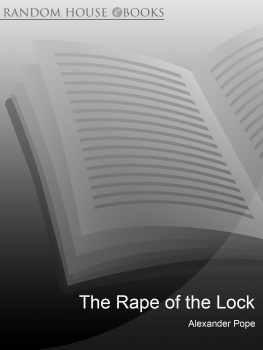
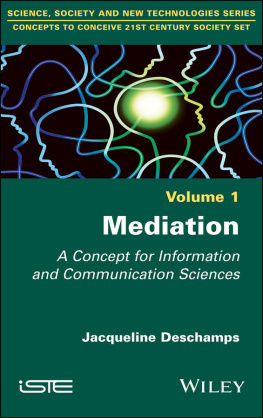
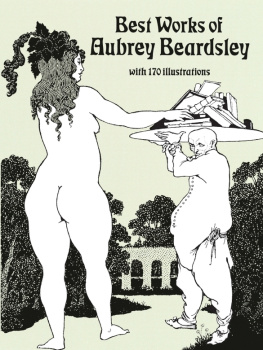
![Kyle Simpson [Kyle Simpson] - You Don’t Know JS: Up & Going](/uploads/posts/book/121420/thumbs/kyle-simpson-kyle-simpson-you-don-t-know-js.jpg)
